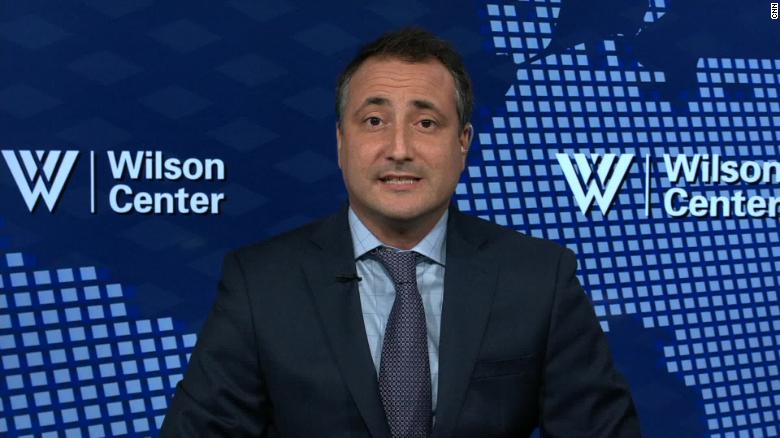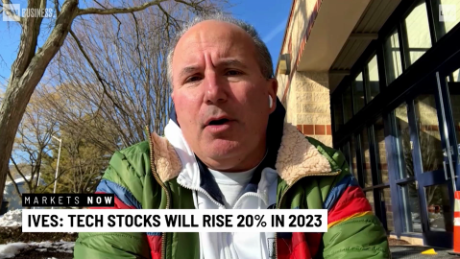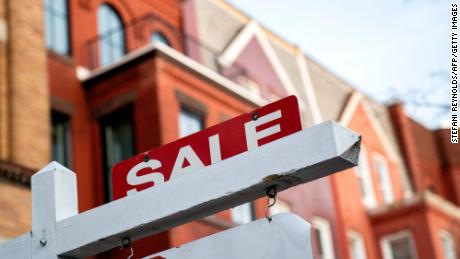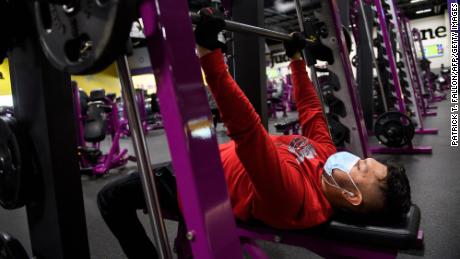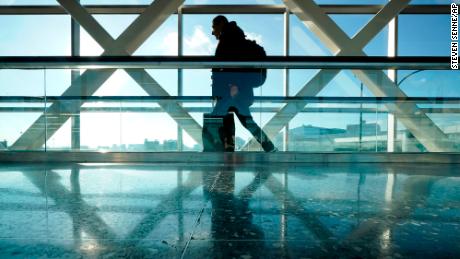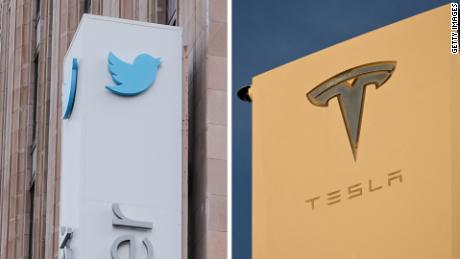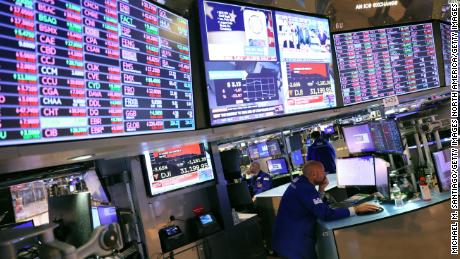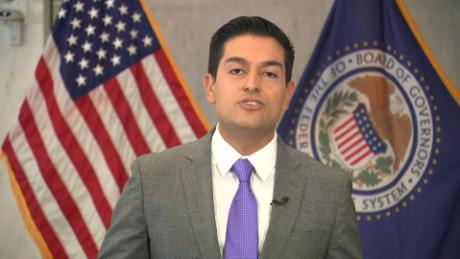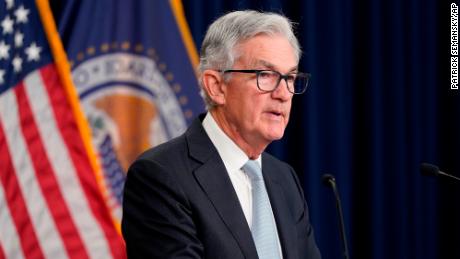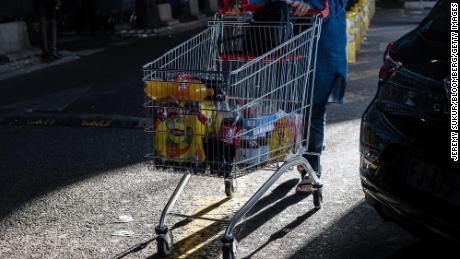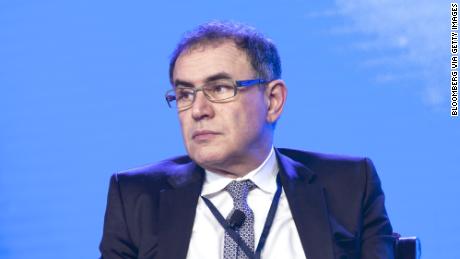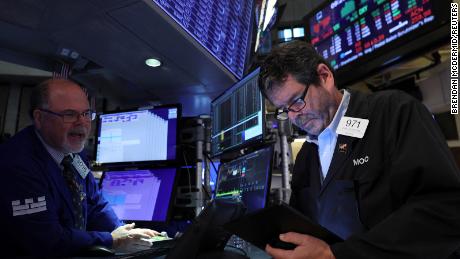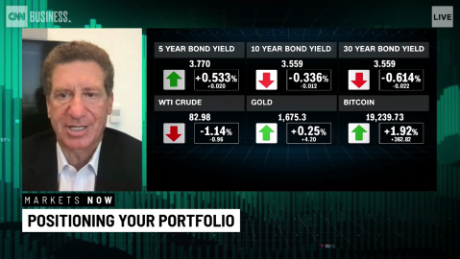London (CNN Business)Argentina is taking desperate action to keep dollars in the country as it tries to prop up its collapsing currency and avoid defaulting on its debt for the third time since 2000.
The government of President Mauricio Macri, who is trailing his opponent ahead of a general election in October, said this weekend that the central bank will need to authorize dollar purchases, and companies will need to quickly repatriate dollars earned overseas. The order takes effect on Monday, with some exceptions for small investors.
The move is an attempt to stop money pouring out of the country and shore up the country's foreign currency reserves, which are being depleted rapidly as Argentina attempts to support the peso.
The currency plunged by more than 35% against the US dollar in August. Investors were panicked when left-winger Alberto Fern├Īndez beat out Macri in a primary vote on August 11, a major upset indicating that he could win a national election set for October 27. Argentina's foreign exchange reserves now sit at $58 billion, down 25% from a peak in April, according to Capital Economics, a research firm.
The currency crisis poses a huge risk to Argentina, which signed on to a $57 billion bailout with the International Monetary Fund last year. It previously defaulted on its debts in 2001 and 2014.
Fears are rising that the country could default again, since Argentina has "significant exposure" to dollar-denominated obligations, according to Moody's, which downgraded Argentina's rating last week.
"The government's recent decision to delay repayment on short-term debt and stated intention of restructuring a portion of medium- and long-term debt signals mounting pressure on government finances, rising policy uncertainty and a rising expectation of investor losses," the ratings agency said.
S&P Global Ratings said last week that the decision to extend the maturity of short-term debt constituted a brief default under the rating agency's criteria.
South America's second biggest economy is being ravaged by inflation that tops 54%. GDP is forecast by the IMF to shrink by 1.2% this year.
The capital controls are a reversal for Macri, who eliminated a similar policy instituted by his predecessor, Cristina Fern├Īndez de Kirchner, after he took office in 2015.
Edward Glossop, Latin America economist at Capital Economics, wrote in a note Monday that bringing the restrictions back could ease the flow of money from the country and slow the pace at which Argentina drains its currency reserves. But it could also make it easier for a future left-wing government to "justify using them over the long term."
"A prolonged period of capital controls would be very concerning," he said.
ŌĆö Helena de Moura contributed to this report.

